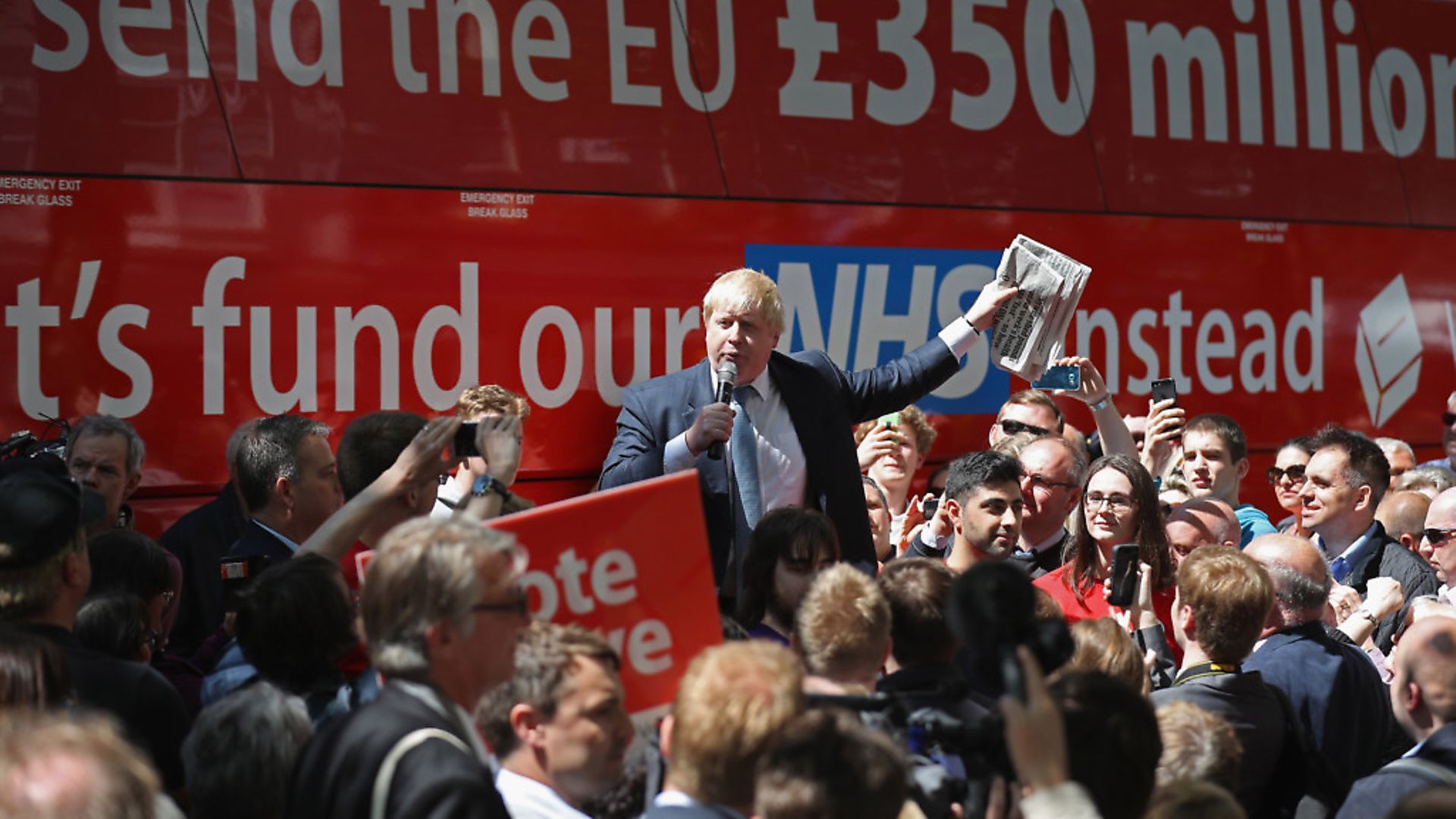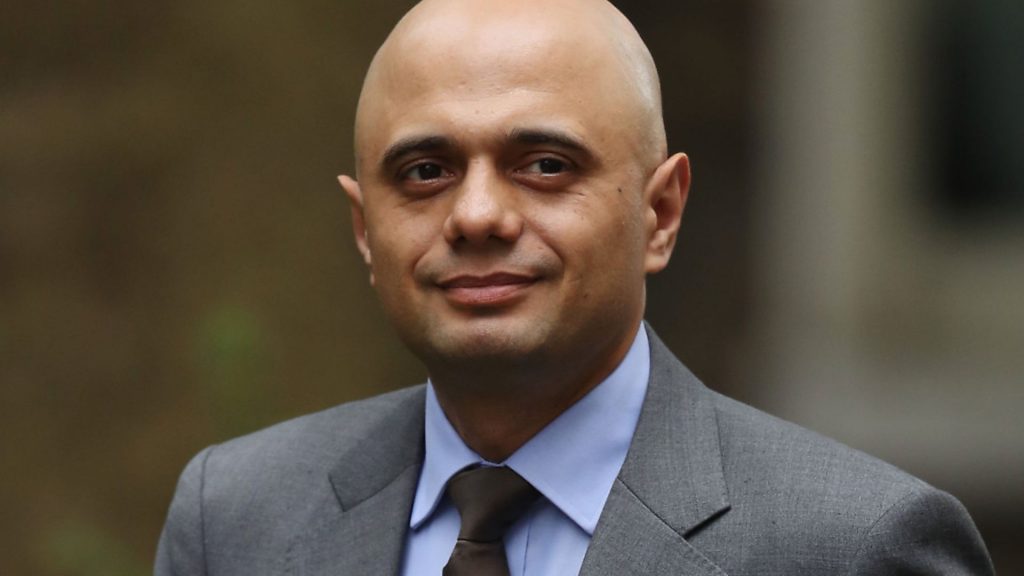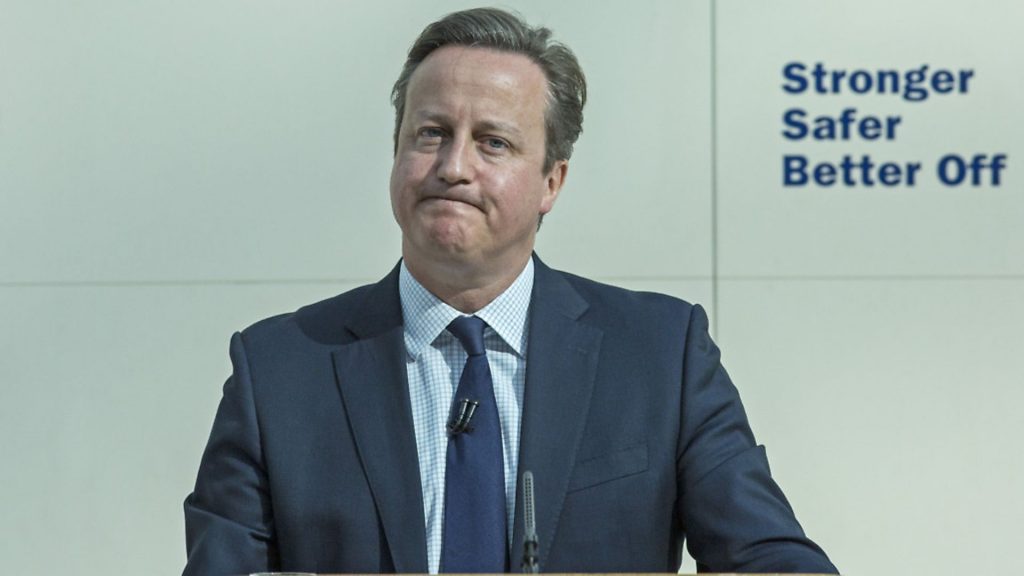
Beware the reckoning… the public inquiry that will leave Brexiteers marooned.

Desert Island Discs, deservedly voted Britain’s greatest ever radio show, had a particularly interesting castaway last weekend. In addition to good musical choices, Canadian historian Margaret MacMillan made for excellent listening because of her vast knowledge, and insightful observations about the past, the present and the future, expressed in easily accessible, perfectly formed, grammatical sentences.
It was also wonderful to hear a long interview with a total lack of ‘umms’, ‘aahs’, ‘you knows’ and ‘likes’, let alone ‘so’ at the start of a sentence, or my own little interview foible, regularly pointed out to me by my sister, namely the defensive use of ‘look’, before actually engaging with the question.
MacMillan did not hold back in her assessment of Donald Trump, a man she views as being totally out of his depth, deliberately polarising and in his isolationist nationalism a threat to the post-war international order and institutions that on balance have been good for the world. On Brexit, it was in the context of a discussion on weak leadership that she suggested Britain was currently losing its way in the world. It was hard, too, not to think of Brexit, and Theresa May’s can-kicking, time-wasting, shameful careering towards the cliff-edge as the sole means of satisfying her ego and salvaging her miserable deal, when MacMillan reminded us that often, great historical change for the worse – both world wars for example – can flow from the unintended consequences of seemingly lesser choices badly made.
Surely the reason there is so much anxiety in the UK right now is that we all know a huge change was voted for in the referendum, and we know MPs face huge choices in making sense of that demand; but nobody, including the prime minister, has the faintest clue what is actually going to happen in the short-term. Nor, even if her miserable deal is endorsed by parliament, do we know what happens after that; this because having long promised we would know when we left what our economic relationship with the EU would be, Theresa May has deliberately, wilfully gone back on that pledge so that she can pretend to hard Brexit supporters their hard Brexit dream remains alive even with her deal, and pretend to soft Brexit supporters that they too can ultimately prevail. It is party management masquerading as leadership, perhaps the unspoken subtext of MacMillan’s fleeting observation on Brexit.

However, it was something much more modern, in some ways more mundane, that had me continuing to mull MacMillan, in the context of Brexit, hours after the lilting melody of the Sleepy Lagoon had made way for Nicholas Parsons’ Just a Minute. (My cue to switch to Magic.) She was talking about the raw materials on which historians rely, a joy in her voice as she recalled going over a batch of First World War papers, discovering some scribbles in the margins with the letters ‘WC’ alongside them, and realising they were previously unknown observations from the then First Lord of the Admiralty, Winston Churchill. She worried that future historians were less likely to fall upon such gems because, amid the technological, media and communications revolution, ‘people are not putting down on paper what they really think’. She wondered too whether, given the ever-increasing demands for transparency in public life, people in politics today are less likely to keep a diary.
As a still active diary keeper, I can certainly testify that the moment of receiving a demand from Lord Hutton, head of the public inquiry into the death of UK government weapons inspector David Kelly, to hand over my personal diaries, was one of the most discombobulating moments of my life. (The Alastair Campbell Diaries Volume 4).
On MacMillan’s worry, I do recall that when the New Labour government introduced Freedom of Information (a policy of which Tony Blair had long had doubts, regularly confirmed once the legislation was passed) there was almost certainly a boost in the Post-it-Notes market in the Whitehall area. The knowledge, too, that emails might one day be subject to the examination of a judge, a journalist or a historian, may have led some written exchanges to have been avoided, and a phone call or meeting set up instead.
Yet, I also recall that TB, and Gordon Brown when he became prime minister, were pretty prolific in their WC-style scribbles on notes and briefing papers. TB would acknowledge many recommendations with nothing more than a tick, sometimes with the word ‘Yes’ or ‘OK’ alongside. But to many others he would add his own hand-written observations. And today, of course, there are public tweets and Facebook posts, private (sic) WhatsApp messages, text messages and doubtless new social media networks to come, that will all add to the body of work future historians can delve into, in addition to the more traditional written and spoken word.

There is also the voluminous coverage in the print media, across 24-hour radio and television. Today’s political leaders, and some minor figures too, have more words written and said about them, measured in volume, than Churchill ever did.
Therefore, though I am hesitant to disagree with the judgement of this eminent woman, an Oxford professor, a former Trinity College provost, a Reith lecturer, a Companion of the Order of Canada, I think that on Brexit, historians may find more than they bargain for, and that history is already being written, because of the almost certain knowledge of the future public inquiry into Brexit and its consequences, should it go ahead. Some, ministers and civil servants among them, are making sure that their doubts and concerns are indeed committed to paper.
There was a superb piece in the Times last week by Sir Ivan Rogers, former UK permanent representative to the EU, who resigned over his profound differences with the government approach, and whose speeches on Brexit have injected much-needed sense and detailed knowledge (widely ignored by ministers) into this wretched debate. His article exposed the fantasies driving Liam Fox’s delusional trade strategy. One thing I can guarantee – what he is saying publicly, some in government will be saying privately. In print.
If Brexit goes ahead, whether via May’s deal or no-deal, the tenor of the public inquiry will be on these lines… ‘Given the welter of advice, given the severity of the warnings, given all the evidence, why did you proceed on the basis that you did, pursuing the strategy that you did?’
It is a question that not just May, but every cabinet minister, and many senior civil servants, will have to answer. Some are writing those answers already, getting retaliation in early. The joint article of cabinet ministers Amber Rudd, David Gauke and Greg Clark, making clear their preparedness to rebel against May in the event of no-deal becoming policy, was on one level a piece of tough politics. It was also a manifestation of the breakdown of collective responsibility under the increasingly disrespected prime minister. But it was also a note for the record, to be used in their defence when the day of reckoning comes. ‘I tried, your Honour, oh how I tried…’ Considering the scale of calamity predicted for May’s miserable deal, let alone no-deal, I am not sure that will be enough.
If I was a senior figure in the Brexit process, I would be hoping to be a real-life castaway on a real-life desert island by the time the public inquiry comes. Cameron, May, Johnson, Hunt, Javid, Davis, Hammond, Raab… depending in part on what you do in the coming days and weeks, you guys are in for one hell of a beating.
To all who think that will be a thoroughly deserved outcome, get writing.
Make sure you mark everything ‘CC: As Yet Unnamed Judge Leading Future Public Inquiry’.










